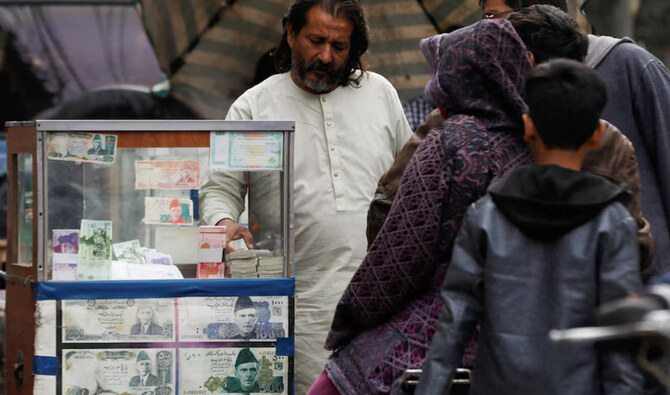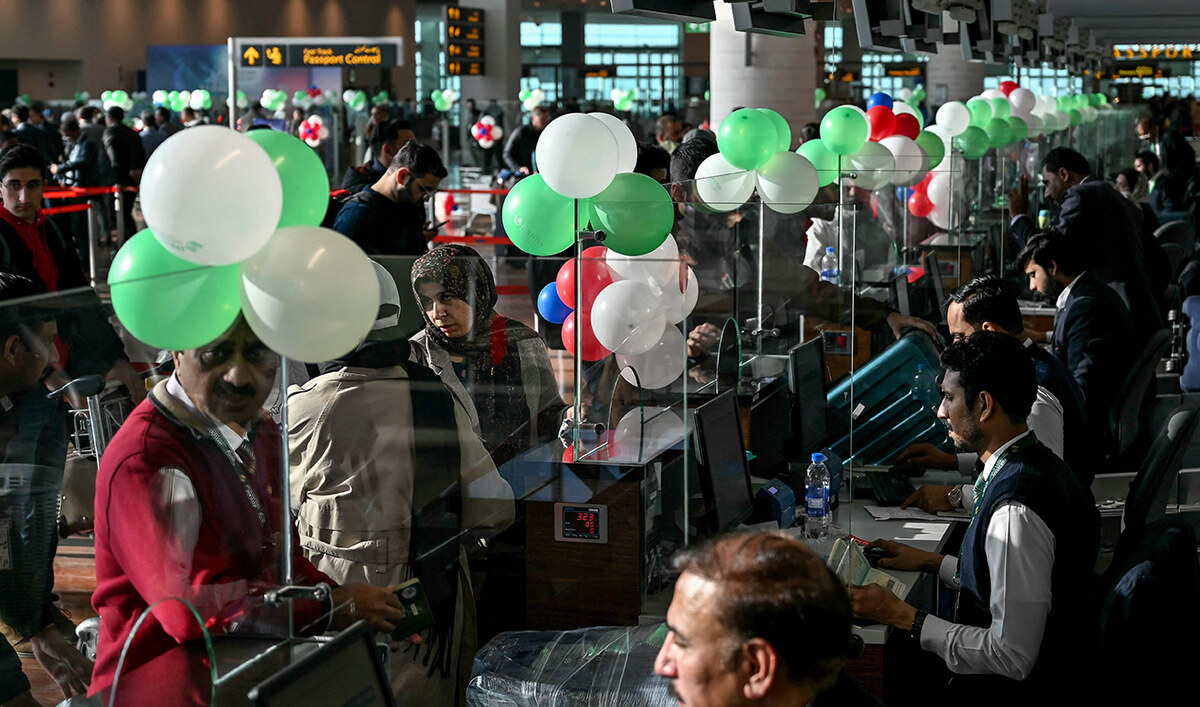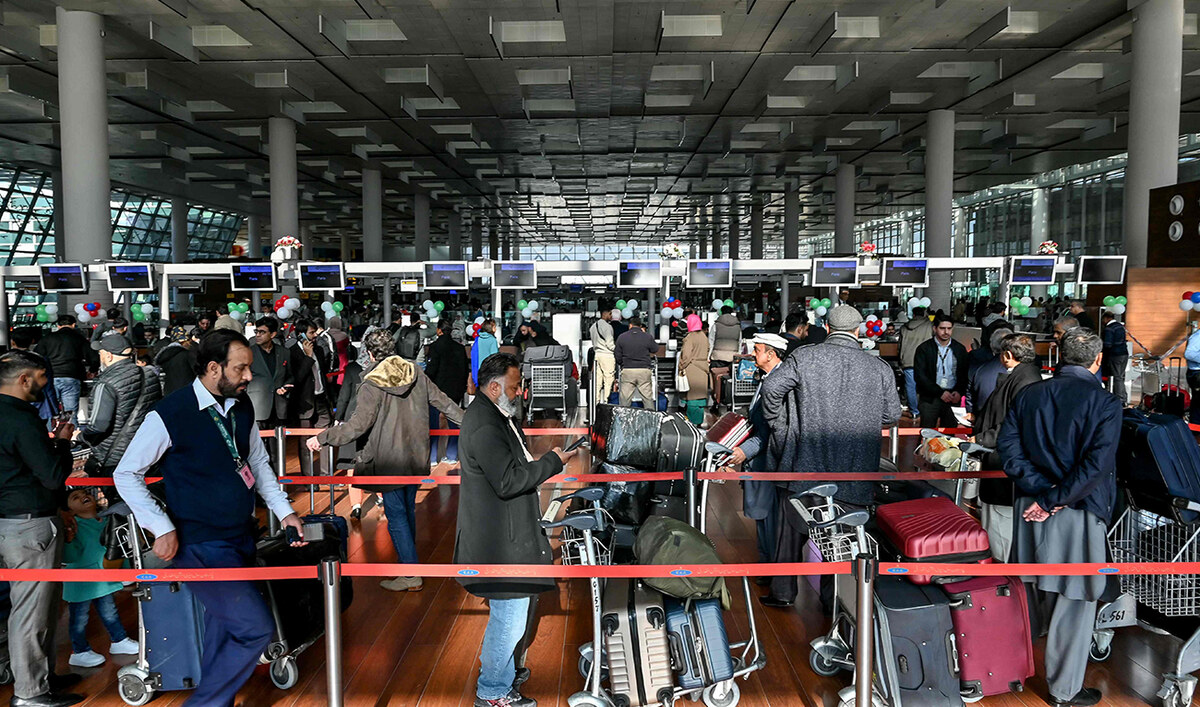ISLAMABAD: Pakistani religious scholars this week called on the masses to implement the code of conduct of the “Paigham-e-Pakistan” decree to ensure tolerance and interfaith harmony during the Islamic month of Muharram.
Islamic scholars from various denominations in Pakistan jointly drafted a condemnation of religious militancy and sectarian violence in the country over five years ago in January 2018.
The initiative, named “Paigham-e-Pakistan,” came amid rising attacks by the proscribed militant network, Tehreek-e-Taliban Pakistan (TTP), which justified violence against civilians and security forces in the name of religion.
“Ulema-Masaykh of different religious schools of thought has stressed to ensure implementation on the Paigham-ePakistan Code of Conduct to ensure peace and religious harmony during the month of Muharram-ul-Harram and to eradicate the menace of extremism, terrorism and intolerance from the country,” a press release issued by the country’s leading scholars on Saturday said.
Scholars affiliated with various Islamic sects said the country’s religious leadership will “fully cooperate” with law enforcement agencies and ensure coordination not to support any scholar found violating this code of conduct.
“The religious scholars also vowed to cooperate with the government machinery and with the law enforcement agencies and resolved to fully endorse the code of conduct,” the statement said.
Pakistan has historically experienced sectarian violence during Muharram, a significant month for Shia Muslims who observe mourning rituals to commemorate the martyrdom of the Prophet Muhammad’s (PBUH) grandson in the Battle of Karbala.
Ashura, the 10th day of Muharram, is the holiest event in the Shia Muslim calendar and sees hundreds of thousands of Shia Muslims take part in religious gatherings and processions to mourn the passing of Imam Hussain.
Attacks targeting these religious processions have taken place in the past, stoking sectarian tensions.
The Paigham-e-Pakistan decree denounces sectarian violence and refutes an “extremist and fundamentalist mindset.” It calls upon religious scholars to educate people between what is right and wrong, and states that only the state has the jurisdiction to determine whether one is an infidel or not.



















